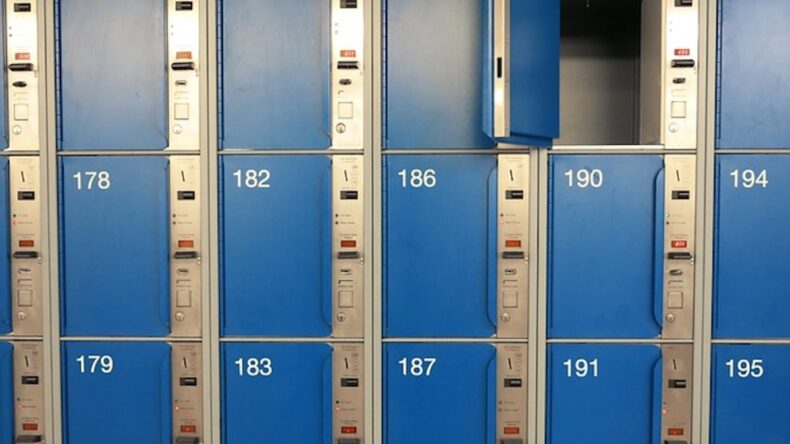The Reserve Bank of India (RBI) issued new regulations regarding the bank locker agreements, which banks implemented by January 1, 2024.

Those already availing of the bank locker facilities or plan to make use of the option to store their valuables in a bank locker, then you should be aware of the new bank rules that were laid out by the Reserve Bank of India (RBI) have come into effect from January 1, 2002.
Safe deposit locker holders are asked to comply with the terms and conditions that are prescribed in the manual of the bank locker agreement, banks use the IBA framework model locker agreement, which complies with both the Supreme Court’s guidelines and the amended instructions.

According to the Reserve Bank of India (RBI) revised instructions notification, “Banks shall ascertain that any unfair terms or conditions are not incorporated in their locker agreements. Owing to this, the terms of the contract shall not be more onerous than required in the ordinary course of business to safeguard the interests of the bank. Banks renewed their locker agreements with existing locker customers by January 1, 2024”.
Locker agreement
At the time of entering into the locker agreement, the customer should mention clearly to whom the locker facility is provided on the duly stamped paper. The parties must sign in the duplicate copy of the locker agreement and that same copy shall be furnished to the locker hirer to know his/her rights and responsibilities. The original agreement shall be retained with the bank’s branch where the document is filed.
Here are the insights on the new locker rules:
The bank is additionally charged with the responsibility of sending SMS and email alerts that contain information about locker access and operation to the customers.
Before ending the day of the tenure, banks must send an email and SMS alert to the customer’s registered email address and mobile number as confirmation, reminding them of the date, and time and giving an alarm call in the event of unauthorized locker access.
Banks are entitled to pay in case of any loss that happens to the holder’s locked materials resulting from the bank’s negligence, according to the new RBI standards.

As per the new guidelines, the banks are obliged to take all the steps for the safety and security of the premises that are housed by the safe deposit vaults and equipped with the responsibility to ensure that incidents like fire, theft, dacoity, building collapses will not occur in the bank’s premises due to its shortcomings, negligence and by any act of omission. The bank’s liability shall be for an amount equivalent to one hundred times the prevailing annual rent of the safe deposit bank locker for the above-mentioned case and the process will repeat the same in the situation where the crime is attributed by the employee(s) of the bank.
When the account holder dies, the bank shall give the nominee access to the person whose name has been nominated by the sole locker at the time of registration, and gets the rights to receive the contents of the locker as the holder passes away. The bank shall give access to the nominee after verification of the death certificate and checking all the information and identity details of the nominee.
If the locker was hired jointly and agreed with the instructions to operate it under joint signatures, the bank shall give access to the nominee to remove the locker content after an inventory was taken in the prescribed manner in the event the locker dies.













